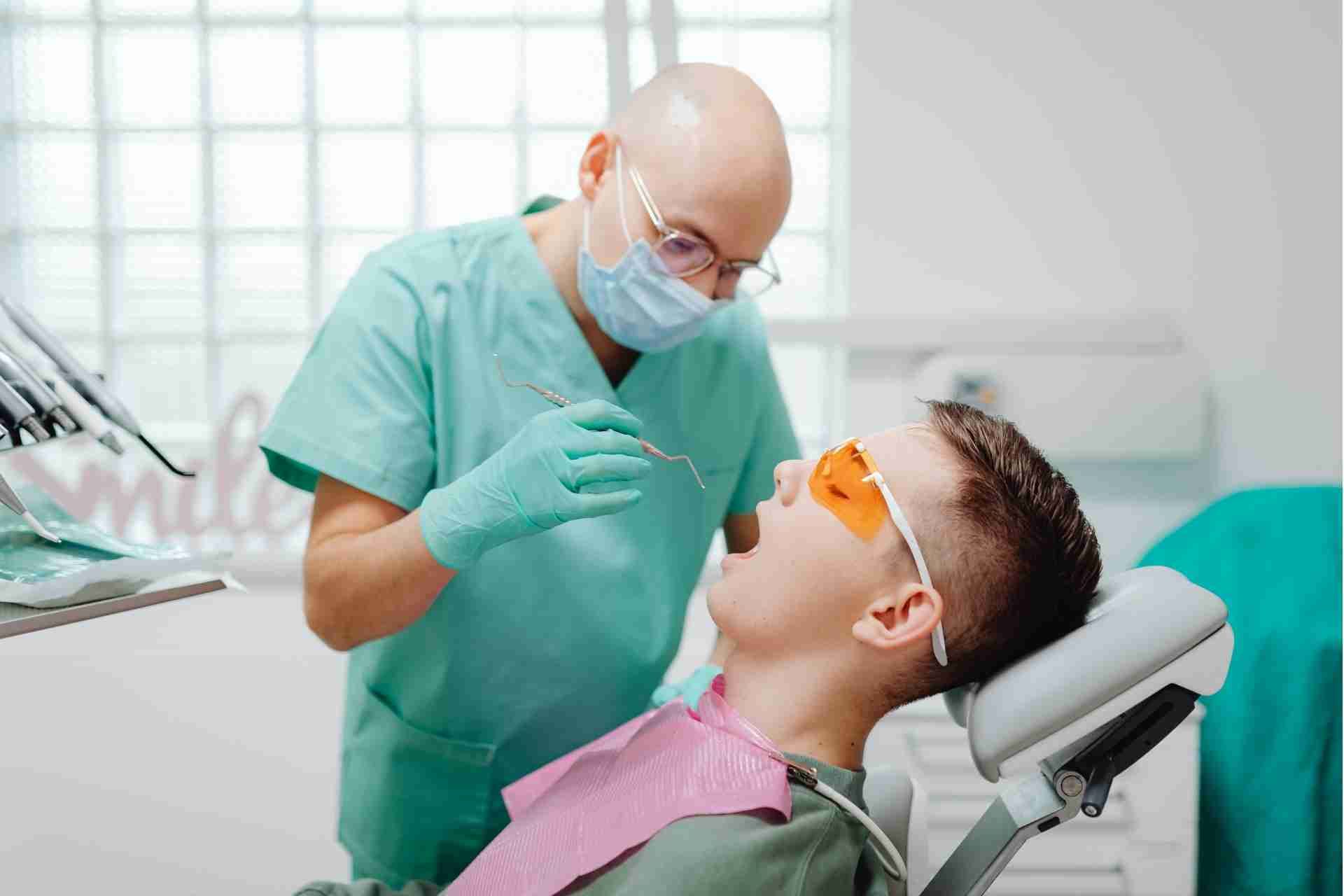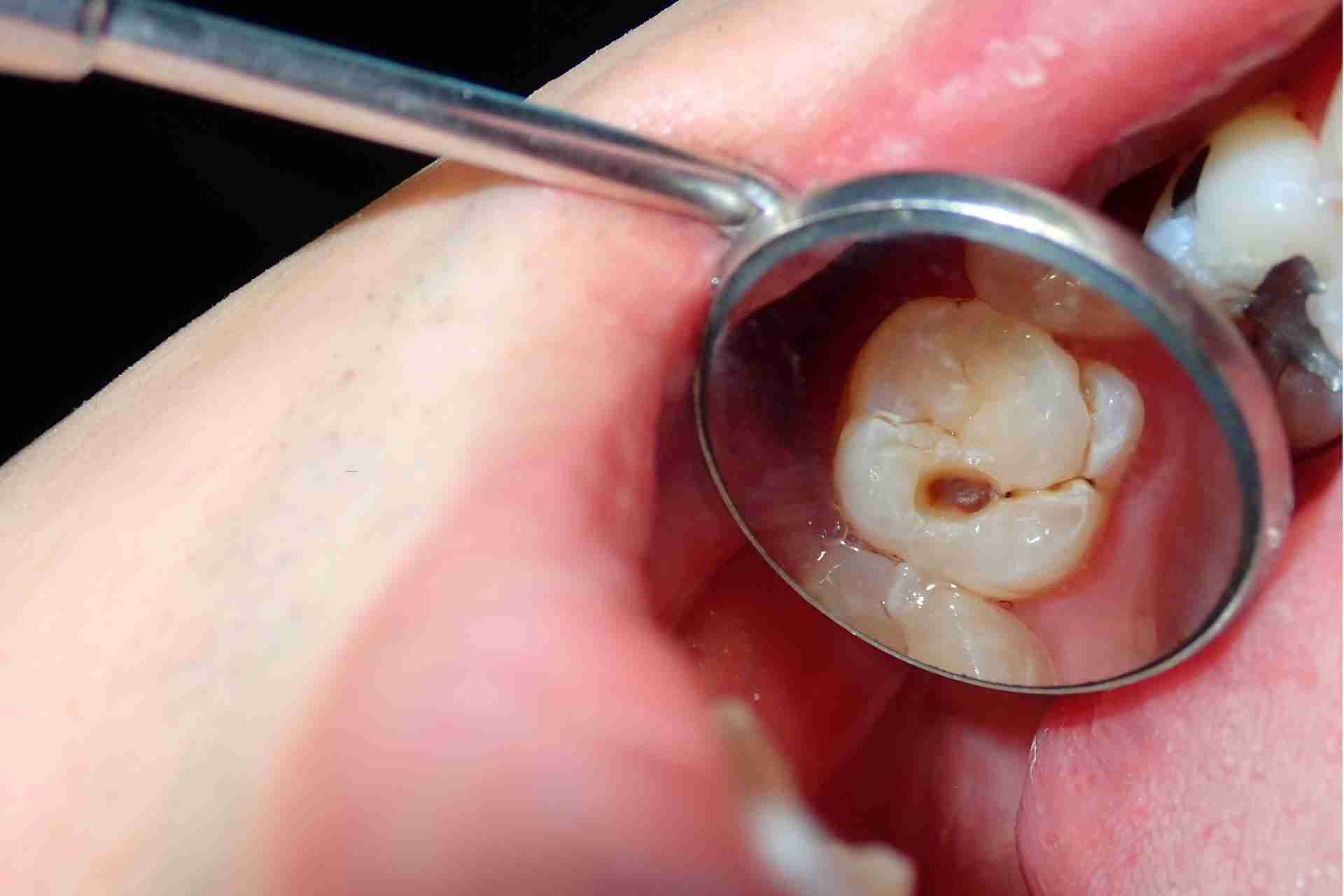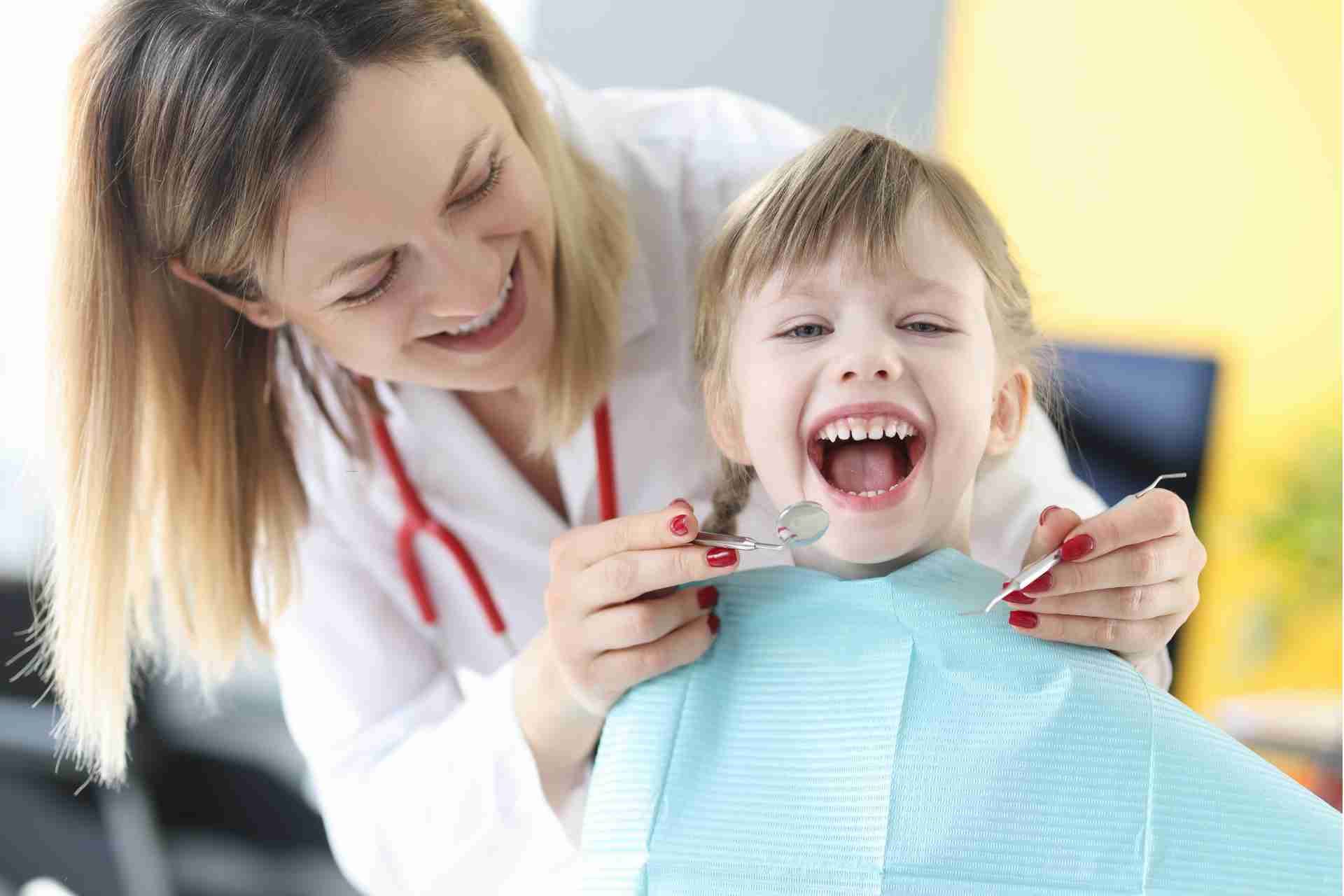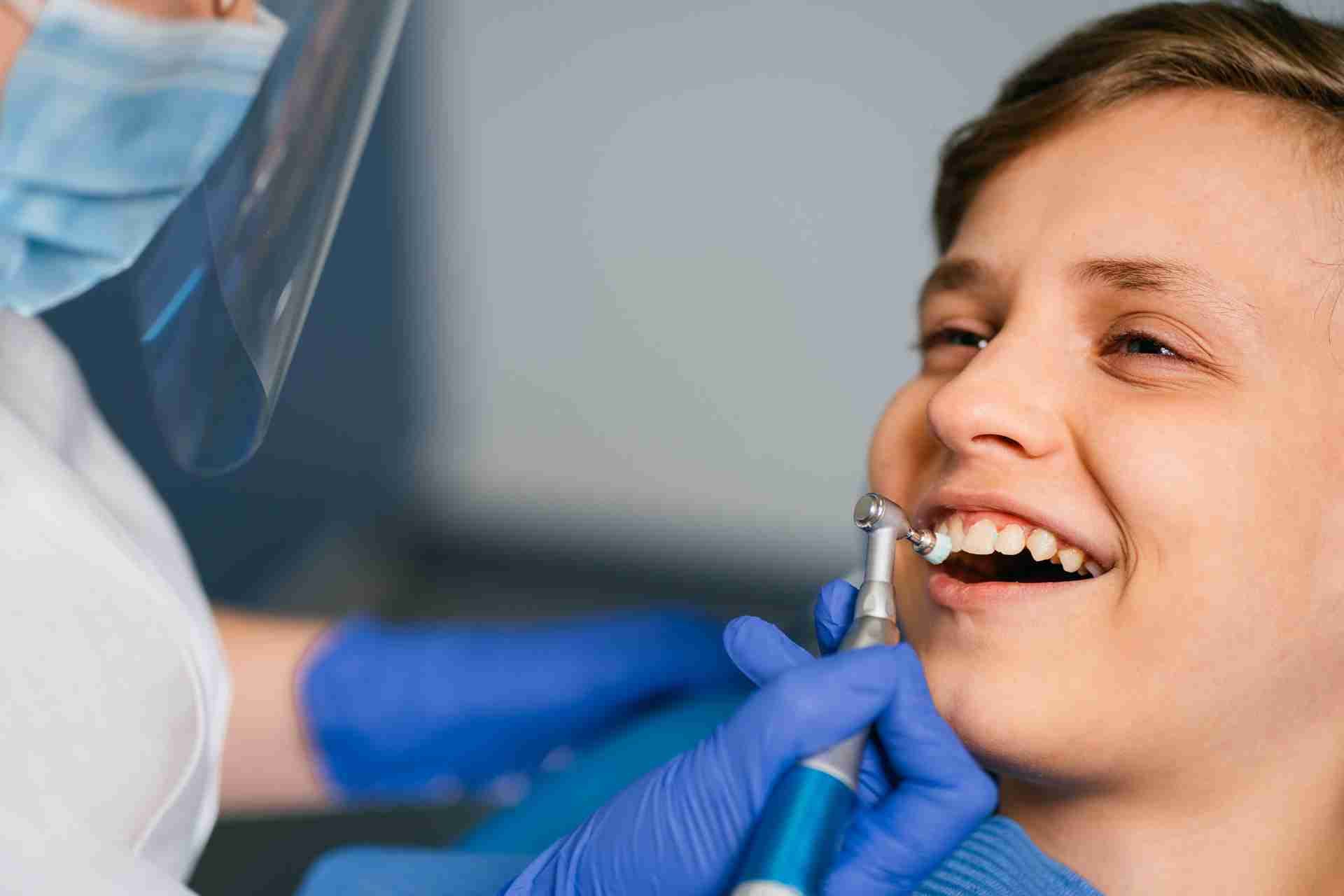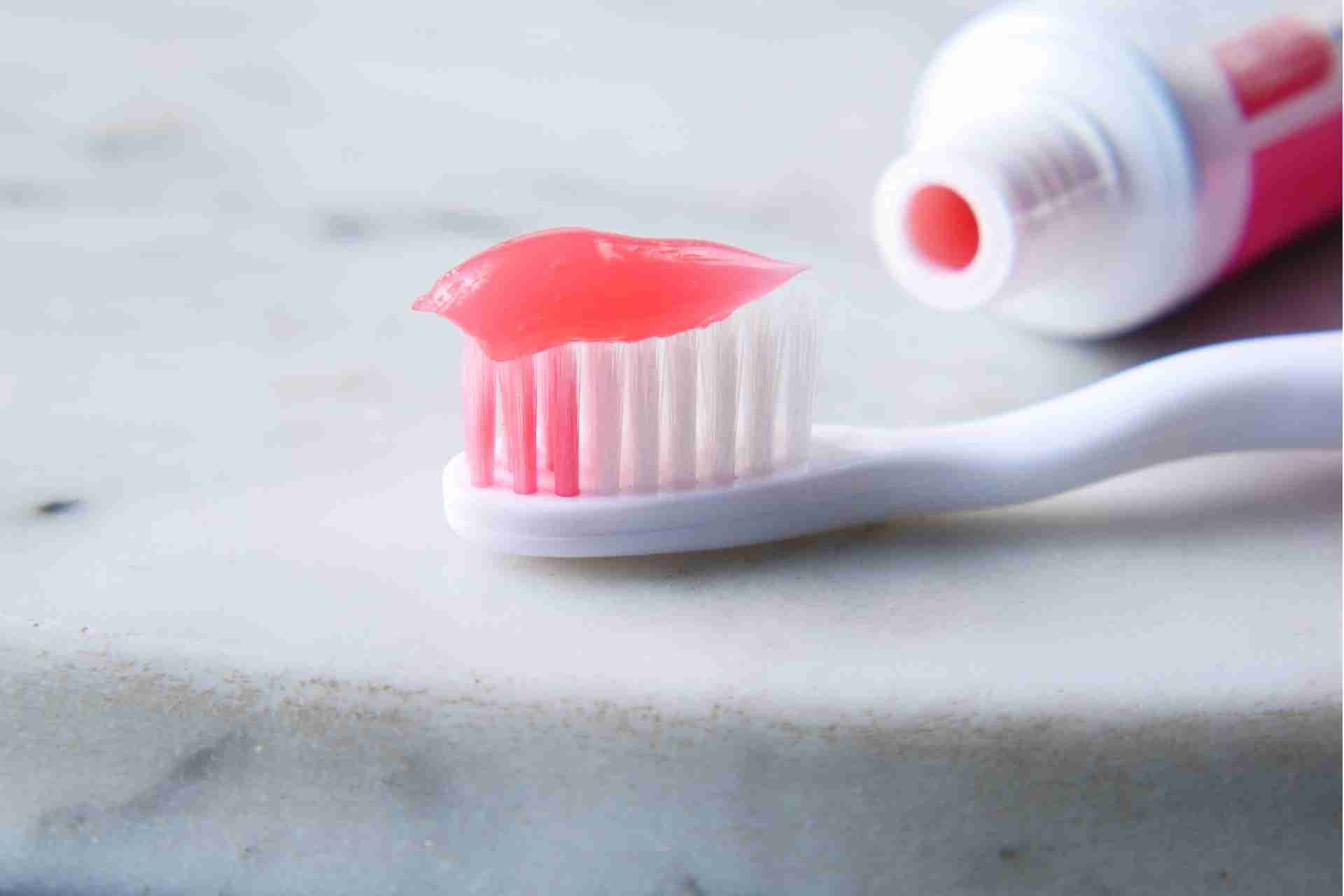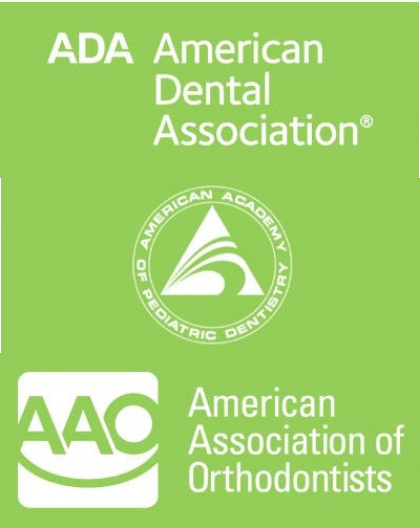How to Handle a Dental Emergency
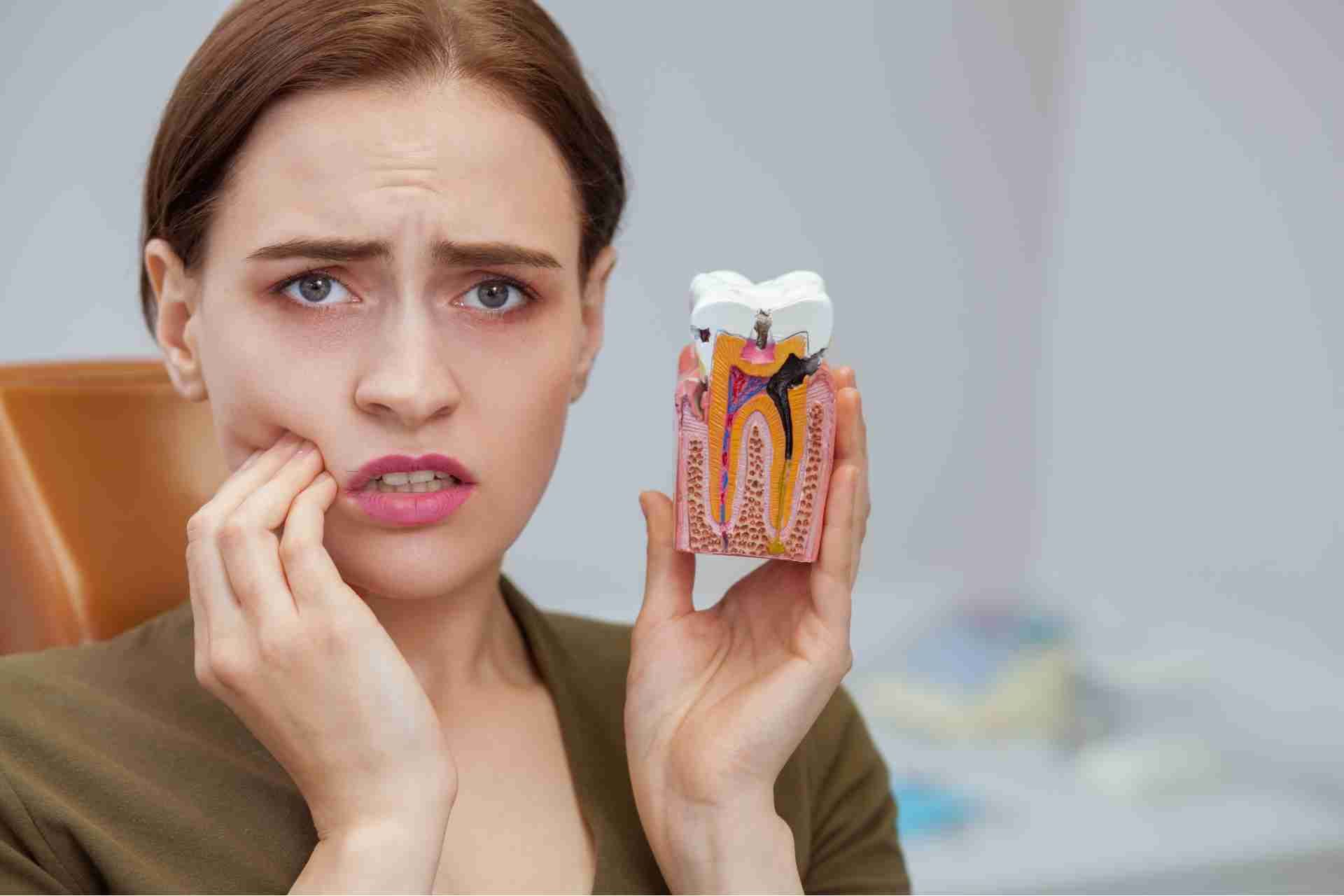
In a dental emergency, knowing how to respond can make all the difference. You might face sudden toothaches, knocked-out teeth, or loose crowns, and each situation requires a specific approach. Staying calm is key, but do you know the best steps to take when these issues arise? Understanding what to do can help you manage pain and potentially save your teeth. Let's explore the common emergencies and how to handle them effectively.
Understanding Common Dental Emergencies
When you're faced with a dental emergency, it can feel overwhelming, especially if you don't know what to expect.
Common emergencies include knocked-out teeth, broken crowns, and severe toothaches.
A knocked-out tooth requires immediate action; find the tooth, handle it by the crown, and try to place it back in the socket. If that's not possible, store it in milk until you reach your dentist.
Broken crowns may cause discomfort, so keep the area clean and avoid sticky foods.
Severe toothaches can indicate infections, so schedule an appointment as soon as possible.
Knowing these scenarios can help you stay calm and act swiftly, ensuring the best possible outcome for your dental health.
What to Do for a Sudden Toothache
How can you find relief during a sudden toothache?
First, rinse your mouth with warm salt water to reduce inflammation and cleanse the area. Over-the-counter pain relievers like ibuprofen or acetaminophen can help ease your discomfort.
If you can, apply a cold compress to your cheek for 15-20 minutes to numb the pain and reduce swelling.
Avoid using heat, as it might worsen your situation. If you suspect a cavity or infection, steer clear of hard or sugary foods that could aggravate the tooth.
If the pain persists, it's crucial to see a dentist as soon as possible. Remember, timely intervention can prevent further complications and ensure you're back to normal quickly.
Steps to Take When a Tooth Is Knocked Out
If a tooth gets knocked out, acting quickly can make all the difference in saving it.
First, find the tooth and handle it by the crown, avoiding the root. Rinse it gently with water to remove dirt, but don't scrub or use soap.
If possible, try to reinsert the tooth back into its socket. Bite down on a clean cloth or gauze to hold it in place.
If that's not possible, store the tooth in a container with milk or saline solution. Avoid using water for storage, as it can damage the tooth.
Call your dentist immediately for an appointment—ideally within an hour. The sooner you act, the better the chance of saving your tooth!
Managing Dental Abscesses and Infections
Dealing with a knocked-out tooth can be intense, and while you're focused on that, it's also important to be aware of dental abscesses and infections.
An abscess often appears as a swollen, painful lump near your gum, signaling a serious infection. If you notice this, don't wait. Rinse your mouth with warm saltwater to reduce discomfort and prevent further irritation.
Over-the-counter pain relievers can help, but they're not a substitute for professional care. Contact your dentist immediately; they may prescribe antibiotics or need to drain the abscess.
Handling Broken or Cracked Teeth
When you experience a broken or cracked tooth, it's crucial to take immediate action to minimize damage and relieve pain.
Rinse your mouth gently with warm water to clean the area, and avoid using any hard foods that could worsen the injury. If you're in pain, over-the-counter pain relievers can help until you see your dentist.
Apply a cold compress to the outside of your cheek for swelling. If you have a piece of the tooth, keep it moist in milk or saline solution.
Schedule an appointment with your dentist as soon as possible. They'll assess the damage and recommend the best treatment, whether it's a filling, crown, or other options to restore your tooth's health and function.
Dealing With Loose Dental Crowns or Fillings
Although loose dental crowns or fillings can be alarming, you can take steps to manage the situation effectively.
First, try to gently reposition the crown or filling if it's still in your mouth. Avoid using any adhesive, as this can complicate professional repairs.
Rinse your mouth with warm salt water to keep the area clean and reduce discomfort. If you're experiencing sensitivity, you can apply a cold compress on the outside of your cheek. Over-the-counter pain relievers can help manage any pain as well.
It's important to avoid hard or sticky foods that could worsen the situation. Keep the loose crown or filling safe if it's come out entirely, as you'll want to show it to your dentist during your next visit.
When to Seek Professional Help
Loose dental crowns or fillings can signal a need for professional attention, especially if they cause persistent discomfort or complications.
If you experience severe pain, swelling, or bleeding in your mouth, don't wait—seek help immediately. These symptoms might indicate an infection or other serious issues that require urgent care.
Additionally, if you've sustained a dental injury, like a knocked-out tooth, it's crucial to contact your dentist right away. Acting quickly can often save the tooth.
Furthermore, if you notice sudden changes in your oral health, such as a bad taste or unusual sensitivity, don't hesitate to reach out. Trust your instincts; if something feels off, it's better to be safe and consult with a professional.
Tips for Preventing Dental Emergencies
To prevent dental emergencies, it's essential to maintain a consistent oral hygiene routine. Brush your teeth twice a day for at least two minutes and floss daily to remove plaque buildup.
Don't forget to visit your dentist regularly for check-ups and cleanings; early detection can save you from bigger problems.
Be mindful of what you eat; avoid hard candies and ice that can crack your teeth. If you play sports, wear a mouthguard to protect your teeth from injury.
Additionally, avoid using your teeth as tools to open packages or bottles. Staying hydrated helps maintain saliva production, which protects against cavities.
Conclusion
In a dental emergency, staying calm and knowing what to do can make all the difference. Whether you're dealing with a knocked-out tooth, a sudden toothache, or a broken crown, quick action is key. Always rinse the affected area and seek professional help when needed. By following these steps and being prepared, you can minimize discomfort and protect your oral health. Remember, prevention is just as important—maintain good dental hygiene and schedule regular check-ups!
